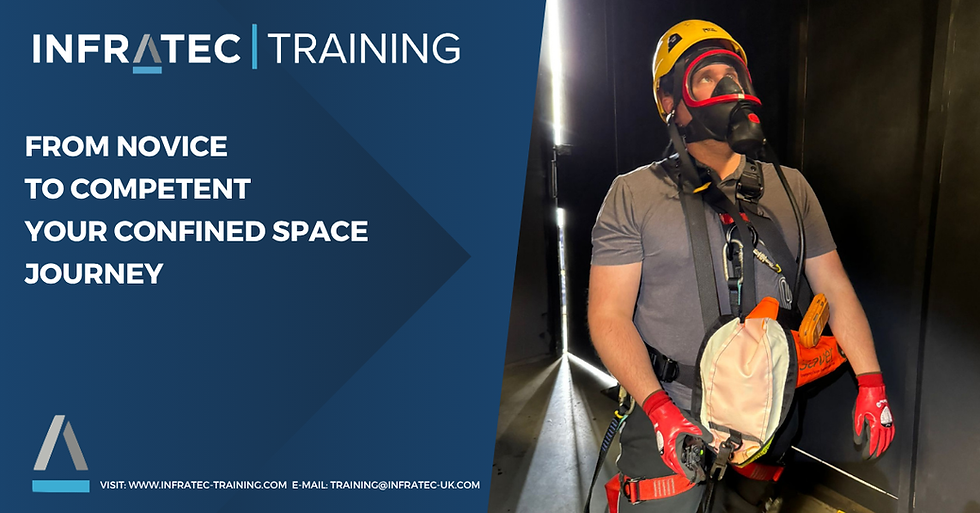How to Prepare for Emergency Responses Effectively
- leebullock25
- Sep 14, 2022
- 2 min read
Updated: Sep 15, 2022

‘The preparedness phase eases the response phase by having all response aspects in place and ready to be activated in a timely manner’
(Islam, T. & Ryan, J.R., 2016. Hazard mitigation in emergency management, Kidlington, Oxford: Butterworth-Heinemann is an imprint of Elsevier. page 7)
It’s understandable that no one wants to be involved in an emergency as it ultimately means something has gone wrong. Whether a fault in one system or another, a mechanical failure, a miscommunication, lack of judgement or poor decision making, there are many reasons emergencies occur. Typically, human interaction will have occurred if a system is scrutinised far back enough. A good example to describe this is an unfortunate incident of a road traffic collision caused by a tyre blow out.
How Do Accidents Occur?
In the instance covered above, questions need to be asked which potentially involve human error such as: did the driver check the tyres before setting off? Did the mechanic carry out the right inspections? Did the engineer make a mistake when calculating load pressure? These are the kinds of questions involved when investigating an unfortunate incident that could potentially cause injury and damage. Different questions will be raised depending on the incident, but it’s generally clear that simple mistakes can have catastrophic consequences.
How Emergency Preparedness Can Help
Emergency incidents are inevitable at some point or another, so counter systems are needed to mitigate emergency situations. ‘Emergency response’ is the term that essentially outlines how to react to a situation rather than controlling any circumstances, and one of the best ways to do this is through emergency training and planning.
INFRATEC Training aims to assist with managing potential emergency situations, accomplished through regular training using the correct equipment and the right knowledge. Whether carrying out critical isolations, casualty rescue, hazardous material response, working at height or confined space rescue, we endeavour to fully understand the unique risks industries pose. When it comes to emergency response, we’re actively involved in planning stages which help tailor rescue plans, all the while remaining aware of the application and limitations of equipment and the resources available.
It’s vital to understand no two emergencies are the same, so it’s not always possible to prepare for every eventuality. There are always elements that change the dynamics of situations. So, what we can do is fully appreciate the task at hand, identify the potential hazards associated with the task and determine what kind of actions are required if an emergency situation occurs.
Final Thoughts
Given that all emergencies greatly differ, the only thing to rely on is emergency preparedness. No matter the industry, we can help effectively plan and train accordingly for potential emergencies. If you and your team require our training, please contact us for more information.




Comments